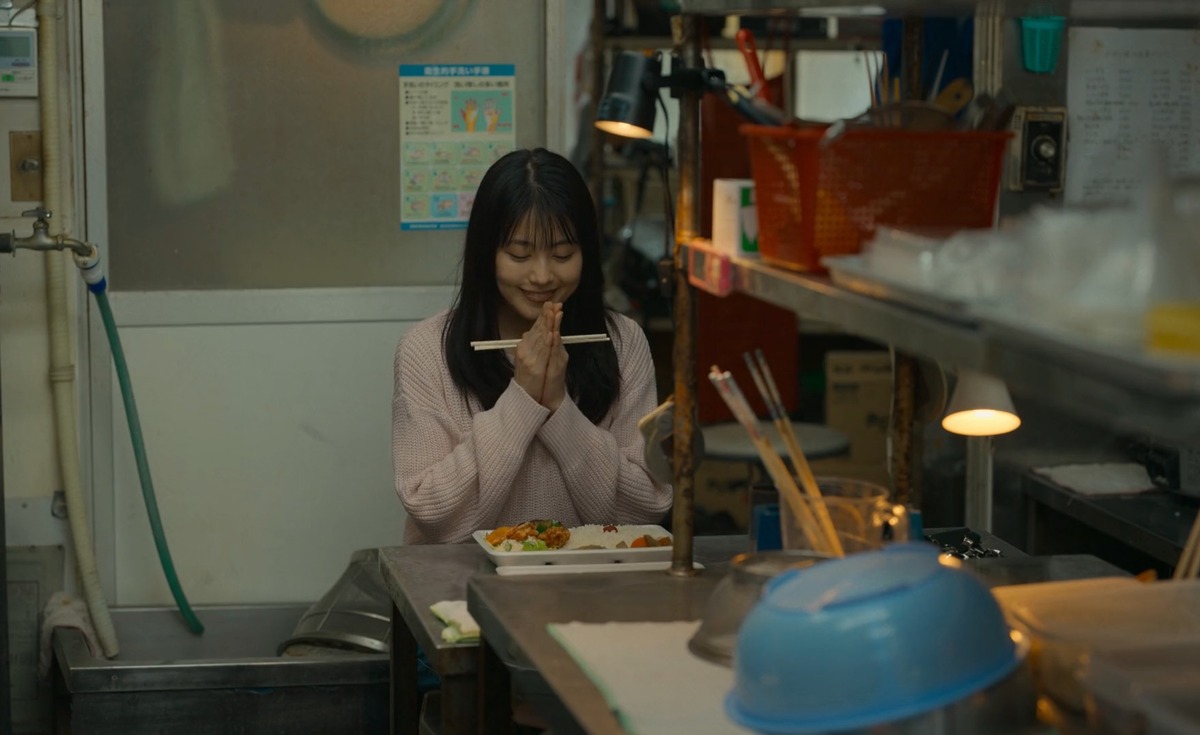Itadakimasu
In Japanese culture, there is one thing that I really like, a thing that I've seen both in real life and in the Japanese movies:「いただきます」(Itadakimasu)
Simply put, it is a Japanese phrase said before eating to express gratitude for the meal and everyone involved in its creation, such as farmers, fishermen, and cooks. In English, it can be understood as “I humbly receive” or “Thanks for the food.”
I have learned from this cultural practice and adopted it into my own life.
More than a year ago, I encountered some serious health issues that forced me to change my habits and diet. I was almost unable to eat anything for 18 hours each day, and during the remaining 6 hours, I ate very little to make sure I never felt full. Because of this, each mealtime felt like a privilege to me. I always found my meals delicious and deeply appreciated them, not just because of the hunger, but also because I was so conscious of not being allowed to feel full, knowing I would have to fast again for the next 18 hours. This made me even more grateful for every meal.
At that time, I was undergoing medical treatment, taking daily medication, and following a strict diet. I couldn’t do much, nor did I have the mood to do anything. I spent most of my days watching movies or learning something, but mostly, I just watched films (haha). Japanese movies helped me get through that difficult period, they calmed me, gave me a lot to think about, and even motivated me to keep going. As I mentioned, Japan has done an incredible job of packaging and spreading their wonderful culture to the world, especially through movies. One of those things is “Itadakimasu,” a phrase that I’m sure everyone has heard sometimes in life.
 A scene from movie "Call me Chihiro" (2023). Chihiro (by Arimura Kasumi) is praying before eating. This is the most favorite movie to me.
A scene from movie "Call me Chihiro" (2023). Chihiro (by Arimura Kasumi) is praying before eating. This is the most favorite movie to me.
Watching so many movies while enduring a strict diet, I gradually and unconsciously began to pray and put my hands together before eating. I could truly feel the meaning behind that phrase. I resonated deeply and felt immense gratitude for what was in front of me. I would often find myself sitting there, thinking about the journey from when the food was just seeds to the moment it became the dishes on my plate. I could easily sit, savor each small bite, enjoy every flavor of each ingredient, and be present with the sensation of swallowing. In those moments, I could feel my own existence, I was eating, I was present.
Truly, I even wondered, have I attained enlightenment? Have I reached the state that monks talk about? I don’t know if I can call it some kind of illusion, but it was a strangely clear and wonderful feeling.
Previously, this was a luxury thing that I almost never had. I never truly paid attention to what I was eating, always busy doing something else, or lost in thought about other things. Eating quickly, swallowing hastily, and not really caring much because it was just another daily meal. In my own culture, people mostly just invite others to eat, or simply eat comfortably, so putting hands together and saying something like that sincerely was unfamiliar and unnatural. But I didn’t care, I did what I wanted, and sometimes it surprised people around me or made them see me as a little strange.
I am Vietnamese, and I want to speak my mother language, so I say “Cảm ơn rất nhiều vì bữa ăn này”. Sometimes, putting my hands together, sometimes clenching my hands, but always bringing my mind into a state of true gratitude. Even so, I still say “Itadakimasu” when eating Japanese food, as a sign of respect.
I want to keep this practice for myself for a long time and even encourage my family members to do the same. I realize that teaching this to children is also interesting.
It is not just about putting your hands together or saying a phrase, it is about genuine gratitude from the heart, about being mindful and paying full attention to each meal as a blessing received from countless people. That is the intention I hold in every word of thanks.
Hữu Phong.